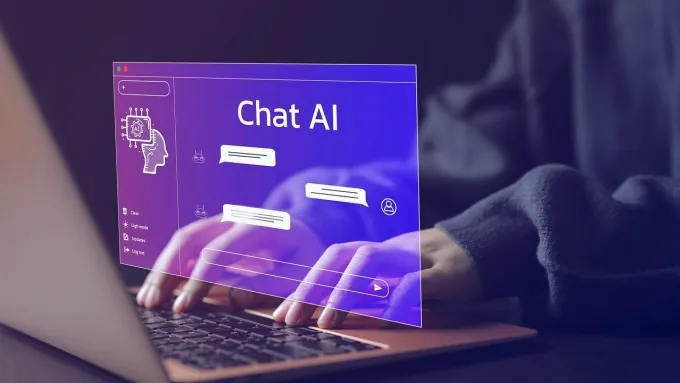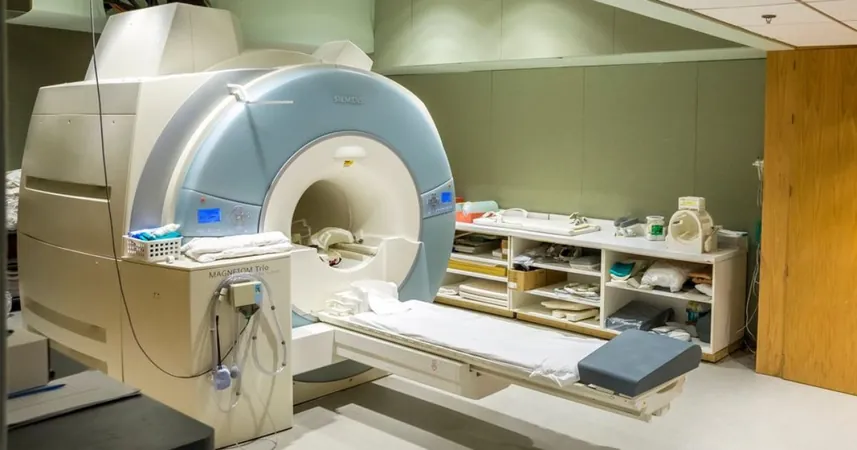
Is AI the Future of Therapy? The Growing Debate on its Role in Mental Health Counseling
2025-03-31
Author: Wei Ling
Introduction
The debate surrounding AI's role in psychological counseling is heating up, with mental health professionals voicing significant concerns about its effectiveness and ethical implications. Experts wonder: can machines genuinely understand human emotions and the complexities of psychological data? This question is critical as AI tools become more prevalent in mental health care.
Concerns from Experts
Jodi Halpern, a bioethics and psychiatry professor at UC Berkeley, warns that utilizing machines to replicate empathy or emotional connection might lead to manipulation. In her interview with El País, she pointed out the delicate nature of traditional therapy, which hinges on creating a vulnerable bond between therapist and client. "I am deeply concerned about allowing an AI bot to replace a human therapist in these intimate settings," Halpern commented.
AI Tools in Mental Health
As the demand for mental health support grows, particularly in Western healthcare systems grappling with a shortage of qualified professionals, AI chatbots like Wysa and Pi have entered the scene as affordable, accessible alternatives. Wysa, which is integrated into the U.K. National Health Service’s digital app library, employs cognitive behavioral therapy—a recognized psychological treatment—to assist users facing issues like depression and anxiety. According to John Tench from Wysa, the chatbot is designed to redirect users towards established clinical resources if their interactions veer off-course.
Pi, created by Inflection AI, is another chatbot that has caught public attention due to its conversational and friendly demeanor. While praised for its engaging interactions, Halpern cautions that no matter how relatable the AI appears, it cannot fulfill the role of a licensed psychologist. Some companies, including Pi, have distanced themselves from medical responsibility, stating they do not provide healthcare services. Yet, their platforms frequently target users dealing with severe mental health issues, sparking ethical concerns about marketing practices and user safety.
Ethical Considerations
Jean-Christophe Bélisle-Pipon, an ethics and AI researcher at Simon Fraser University, argues that the landscape remains fraught with ambiguity. "While some make it clear that they don't intend to substitute human therapists, others exaggerate their capabilities and minimize their shortcomings," he explains. Such misleading claims hold serious implications in the mental health sector, where vulnerable individuals might misconstrue the efficacy of chatbot assistance.
Recent Findings
A recent study by MIT Media Lab, in partnership with OpenAI, involving nearly 1,000 ChatGPT users over a month, revealed concerning trends. Participants who leaned on AI chatbots reported increased loneliness and emotional dependency, coupled with a decline in engagement with real-world social interactions. Although initial voice-based chats did alleviate feelings of isolation, this benefit waned with persistent usage.
The Continued Role of AI
As the conversation about AI replacing human therapists continues, many experts suggest that chatbots still have a place in the mental health landscape—especially for those lacking access to traditional care. However, Bélisle-Pipon warns that improper guidance from AI could exacerbate symptoms rather than provide relief.
Conclusion
In today’s rapidly changing healthcare environment, while AI-powered tools may offer temporary support to the millions struggling to find help, it’s crucial that their limitations are clearly communicated, and the significance of professional psychotherapy is not undermined. The exploration of AI in mental health is just beginning, and the outcome could reshape the future of therapy as we know it. Stay tuned as this story develops!




 Brasil (PT)
Brasil (PT)
 Canada (EN)
Canada (EN)
 Chile (ES)
Chile (ES)
 Česko (CS)
Česko (CS)
 대한민국 (KO)
대한민국 (KO)
 España (ES)
España (ES)
 France (FR)
France (FR)
 Hong Kong (EN)
Hong Kong (EN)
 Italia (IT)
Italia (IT)
 日本 (JA)
日本 (JA)
 Magyarország (HU)
Magyarország (HU)
 Norge (NO)
Norge (NO)
 Polska (PL)
Polska (PL)
 Schweiz (DE)
Schweiz (DE)
 Singapore (EN)
Singapore (EN)
 Sverige (SV)
Sverige (SV)
 Suomi (FI)
Suomi (FI)
 Türkiye (TR)
Türkiye (TR)
 الإمارات العربية المتحدة (AR)
الإمارات العربية المتحدة (AR)